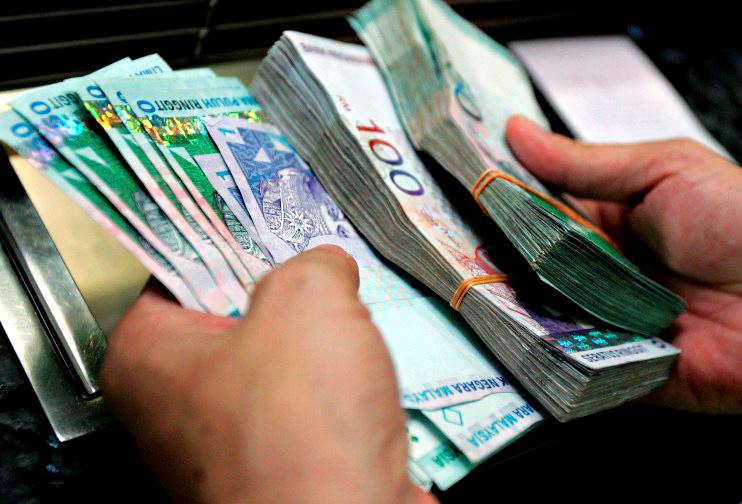PETALING JAYA: Are employers compensating women fairly in the workplace? Not so, according to the 2023 Malaysia Gender Gap Index.
It revealed that women with the same experience, qualifications and job titles earned only RM66 to a man’s RM100. On average, men earned RM63,117 annually and women drew just RM42,080.
Economics professor Dr Niaz Asadullah said this shows notable gender disparities in economic participation and opportunities.
“Such a disparity will affect a woman’s current earnings, her long-term financial security and can potentially lead to greater old-age poverty among those who chose to work until retirement age.”
Niaz also pointed out that in Malaysia, only 24.85% of senior officials and managers were women, compared with 44% in Sweden and 38% in Singapore.
“The wage gap is pronounced due to limited access to high-paying jobs,” he said, adding that this was despite improvements in women’s labour force participation and wage growth over the past decade, which was mainly in lower-paying sectors.
On the long-term impact, he said persistent wage disparity discourages women from increasing their workforce participation and contributes to a shortage of skilled workers.
“Addressing the issue is crucial to achieve real gender equality in the workplace, which should ensure women are fairly compensated for their contributions to the labour force and the organisations they work for,” he said.
All Women’s Action Society information and communications officer Amanda Louis said the gender pay gap is a longstanding and pervasive global issue.
“The fact that the disparity continues despite similar levels of education, experience, job titles and responsibilities among the two genders is disappointing and tantamount to discrimination.”
Louis said the disparity is becoming common even in the civil service, especially among those employed under contract, adding that the government and private sector must be serious about ensuring staff are fairly compensated.
“When companies are grappling with financial challenges, they may resort to cost-cutting measures, which can inadvertently exacerbate gender pay disparities.
“During times of economic strain, companies may maintain the salaries of its top executives who are often predominantly male, while cutting costs in other areas, including lower and middle-income positions where women are disproportionately represented.”
She also said businesses should play an active role in promoting gender pay equality by adopting skills-based assessments, promoting women to leadership roles and practising pay transparency during recruitment.
She emphasised the need for education and awareness, which are crucial components in closing the gender pay gap.
“There is a need for legislation mandating equal pay for equal work, flexible work arrangements and mentorship programmes to advance women’s careers.
“It is also crucial to support advocacy groups and campaigns working to address gender-based pay disparities. Even the representation of women in decision-making roles should be increased to foster a cultural shift towards equitable contributions from all genders,” Louis said.
To reduce the gender pay gap, she proposed policy changes such as focusing on women in lower-paying sectors, enforcing equal pay policies and prioritising staff welfare.
“It is important to have negotiation skills and collective action through union participation to empower women to obtain equal pay,” she said, adding that addressing the gender pay gap is essential for the economic empowerment of women and the overall well-being of the country.
“Ultimately, overcoming the matter requires a comprehensive and sustained effort from various sectors to challenge and change existing norms and practices that contribute to inequities in the workplace.”









